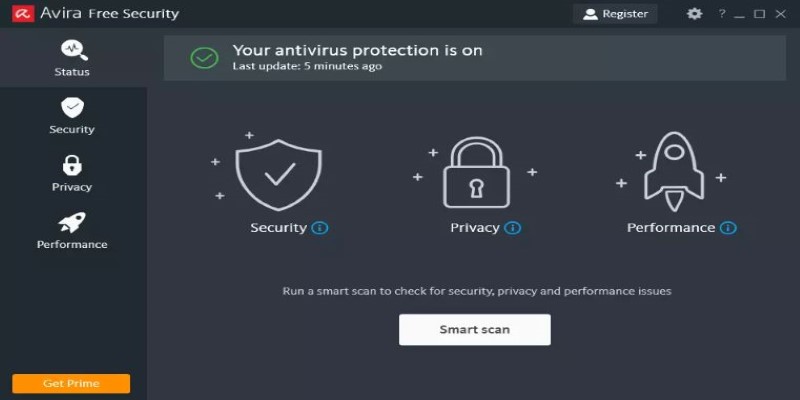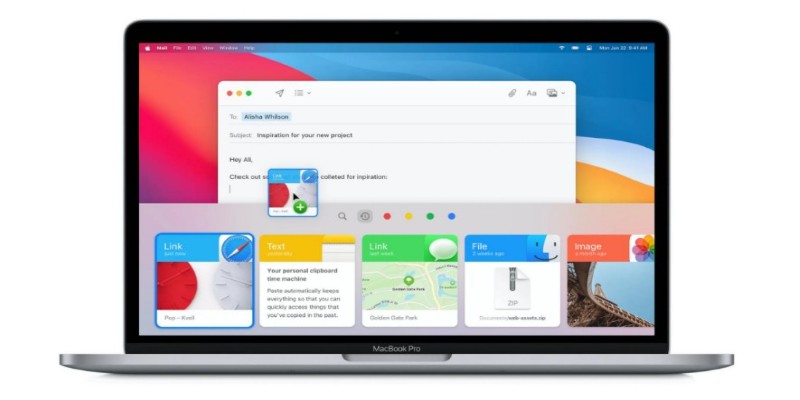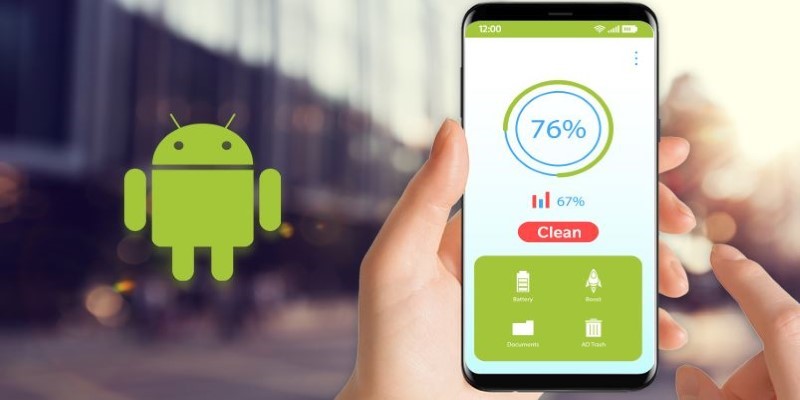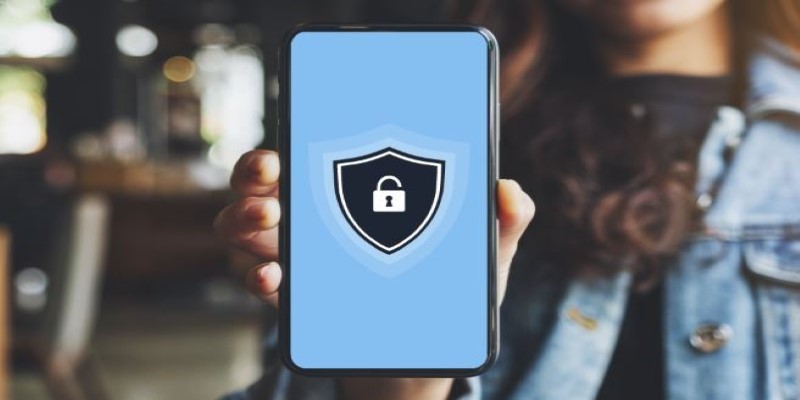Top Mobile Security Apps 2025: Trusted Protection for Your Device
That uneasy feeling when your phone glitches—a strange lag, random pop-ups, or an unfamiliar app—can't be ignored in 2025. Mobile threats have grown smarter, more invasive, and harder to spot. Relying on basic settings or passwords is no longer enough. Mobile security apps now serve as critical defense tools, working silently to guard personal data, block suspicious activity, and track lost devices.
The challenge is cutting through the noise—while many apps claim to offer full protection, only a few actually deliver. This guide covers the essential mobile security apps you can truly rely on this year.
The Shift in Threats: Why Mobile Security Has Changed?
A few years ago, most people associated mobile threats with stolen phones or spammy links. Now, attackers are smarter, the tools are sharper, and the stakes are higher. Phishing scams have moved beyond emails and now live inside messaging apps disguised as links from friends or family. Fake apps that mimic real ones are getting past app store filters. Some malware even records your screen in the background without you knowing. With work-from-phone becoming common, our devices carry more sensitive data than ever before—health details, work emails, and even banking information.
Mobile security apps have evolved in response. They now use artificial intelligence to recognize patterns in how malware behaves, monitor network traffic in real-time, and work across multiple apps to protect data holistically. That's why installing just any antivirus app won't cut it anymore. You need an app that understands the mobile threat landscape in 2025 and acts fast without slowing you down.
What to Look for in a Mobile Security App?
Before diving into the apps themselves, it’s important to understand what makes a security tool genuinely effective. First, real-time scanning is crucial—an app should detect threats as they happen, not after the damage is done. Next is app verification. Many good tools now evaluate apps before and after installation, scanning for known malware signatures and suspicious behavior. Web protection is another must. Malicious websites are a common threat, so blocking them before they load can save your device.

Network protection is also gaining attention. A mobile security app should monitor your WiFi connections and warn you about fake or unsafe networks. Some tools even offer app lock features, allowing you to protect individual apps with PINs or biometrics. Lastly, device tracking, remote locking, and wiping features are still essential, especially if your phone is lost or stolen.
Many of the best mobile security apps for 2025 also offer secure browsing, and call/SMS filtering. But the trick isn't getting more features—it's finding apps that balance power with simplicity. You want protection that doesn't drain your battery or flood you with alerts every time you open Instagram.
Top Mobile Security Apps That Are Worth Your Time
Here’s a closer look at the standout mobile security apps in 2025 that actually deliver protection without the fluff.
Bitdefender Mobile Security
Bitdefender stands out in 2025 for its reliable real-time protection and minimal system impact. It doesn’t bog down your phone with unnecessary processes, and it delivers quick scans that detect malware before it causes trouble.
Norton Mobile Security
Norton has kept its reputation strong by focusing on preemptive protection. Its standout feature is the app advisor, which scans apps before installation and alerts you to potential risks like high data usage or privacy red flags. With reliable WiFi scanning, it’s perfect for users who connect to public networks regularly and want to avoid falling victim to hidden mobile threats.
Lookout Security & Identity
Lookout doesn't flood you with tools—it focuses on what matters most: identity and data protection. It offers real-time breach alerts and monitors your personal information across the web. If your email or account credentials are compromised, Lookout tells you exactly where and when it happened and how to respond quickly.
Avira Security
Avira is gaining momentum this year thanks to its dual focus on security and performance. Besides offering traditional antivirus tools, it helps you clean up junk files and optimize device performance. Its app permission insights are especially helpful for understanding what your installed apps are really doing in the background.
Kaspersky Mobile Security

Kaspersky continues to offer layered, dependable protection without trying to overwhelm the user. It provides quick and accurate scans, blocks risky websites, and monitors downloads in real-time. Anti-theft features include GPS-based location tracking, remote locking, and alerts if someone swaps your SIM—features that are as practical as they are powerful.
Looking Ahead: How Mobile Security Will Evolve?
Mobile threats in 2025 extend beyond phones—they now target our entire digital environment, from smartwatches to cloud accounts. Security apps are adapting by syncing protection across all connected devices and offering unified dashboards for better control. Artificial intelligence is becoming a quiet force, detecting unusual behavior before a threat escalates.
We’re also seeing a shift toward specialized apps. Some focus on privacy, others on theft recovery or secure browsing. The one-size-fits-all approach is fading, replaced by tools tailored for real-world needs—whether you’re a parent, freelancer, or everyday user.
Security now runs quietly in the background, like a silent guard. With threats becoming more personal and subtle, mobile security apps are no longer extras—they're essential. Choosing the right one means staying one step ahead without the stress or noise.
Conclusion
Mobile security apps aren't a luxury in 2025—they’re a must. With mobile threats becoming more subtle and sophisticated, it’s smart to stay protected before problems begin. The right app works in the background, keeps your data safe, and gives you peace of mind without slowing things down. Whether you value privacy, anti-theft features, or safe browsing, there’s a tool out there that fits. Making that choice today means less stress, fewer risks, and a safer digital life moving forward.
On this page
The Shift in Threats: Why Mobile Security Has Changed? What to Look for in a Mobile Security App? Top Mobile Security Apps That Are Worth Your Time Bitdefender Mobile Security Norton Mobile Security Lookout Security & Identity Avira Security Kaspersky Mobile Security Looking Ahead: How Mobile Security Will Evolve? ConclusionRelated Articles

Best 5 Note-Taking Apps to Stay Productive and Organized This Year

Boost Your Writing: 5 AI Tools to Improve Your Content

Apps That Truly Save Your Phone’s Battery Life

Unlock Text from Images: Best Free OCR Tools You Can Use Today

Top Clipboard Managers for Windows and Mac – Boost Your Productivity

Tidy Up Your Android: Best Apps to Clear Junk

Getting Real Results from an Internet Speed Test

Top Mobile Security Apps 2025: Trusted Protection for Your Device

The 10 Best Digital Asset Management (DAM) Software Options for 2025

TikTok Video Uploaded but Not Showing Up? Here’s Why

Smarter Scheduling: 5 Calendar Apps That Actually Help

 knacksnews
knacksnews